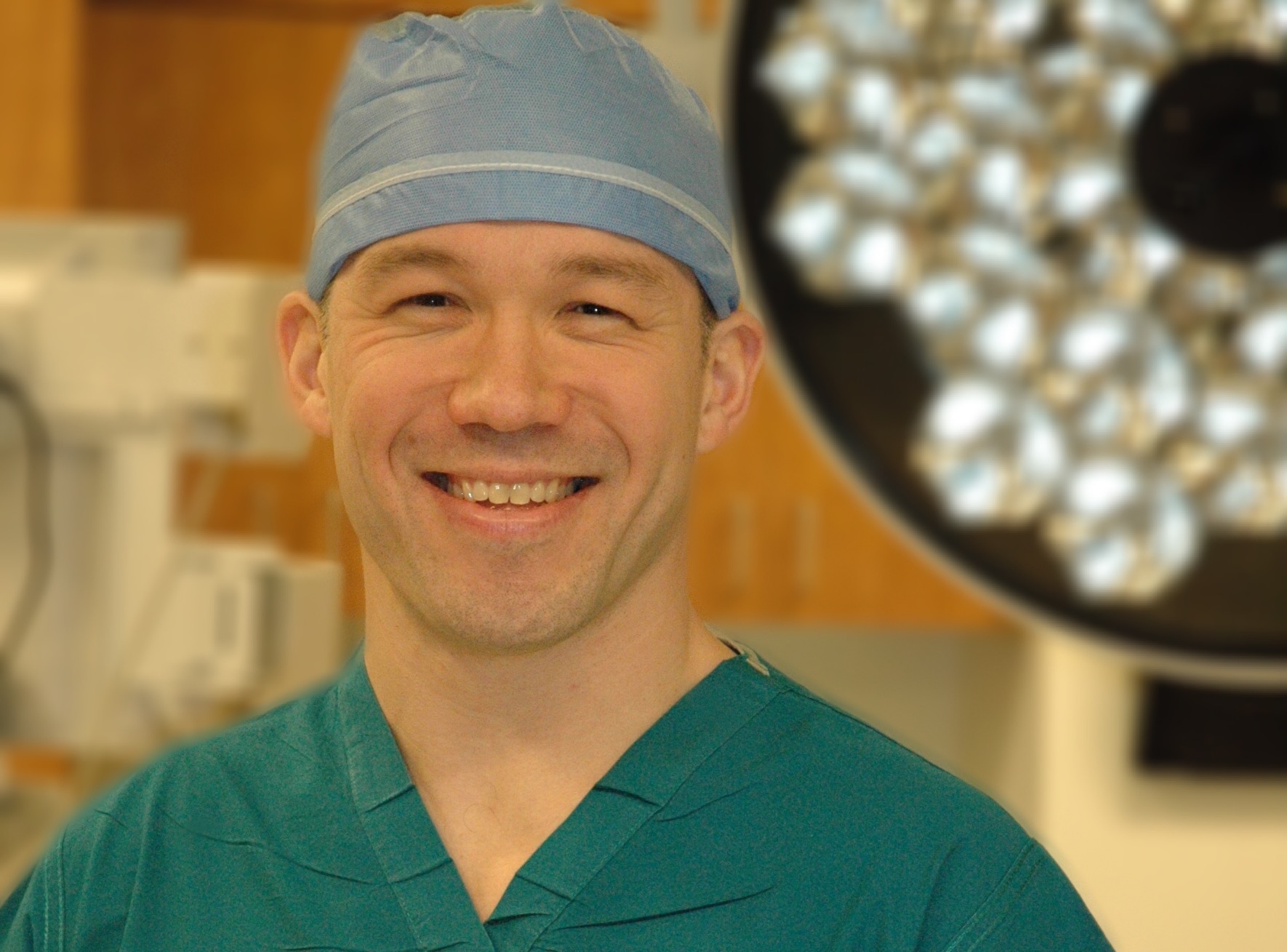How Stress Affects Your Health
Stress is inescapable. It can be societal, like war or terrorism. It can be community related like drugs or disease. It can be personal like marriage or finance. It’s no secret that stress makes us feel bad, but just how “bad” is stress for us?
Our bodies have evolved to deal with stress. Fight or flight responses evolved as an answer to stress. An approaching bear quickens our pulse, raises our blood pressure, and accelerates our breathing. This prepares us for fight or flight. On the other hand, a large meal makes us sleepy and restful as our body prepares for digestion. These same biological responses occur with other stressors.
It’s no secret that physical and emotional stress increases our risk of psychological disorders. War veterans and survivors of natural catastrophes have higher incidences of mental health disorders like depression, anxiety, and post-traumatic stress disorder (PTSD). They are also at increased risk of unhealthy behaviors that are detrimental to their health, like drinking, smoking, drug use, or overeating. However, recent studies have shown that increased exposure to stress may have a more direct biologic influence that affects our health.
Back to the bear example, when we face a stress, our body’s preparation for fight or flight is a neurohormonal response that changes our chemical structure. Adrenaline and other catecholamines are released to raise our heart rate and blood pressure. Cortisol is released to increase our blood sugar, providing fuel for energy bursts. Even our immune system is activated to increase defense cells in case of injury. These same responses to stress that are helpful in our survival may also be detrimental if we are chronically exposed.
While the vast majority of us no longer have to deal with the bears terrorizing our tribe, we do have to deal with the many faces of modern stress. We face these stressors every day. Money, marriage, work, wars, climate change, an apocalyptic meteor crashing into the ocean – stress today may have changed since the charging bear, but our biological response to stress has not.
Chronic exposure to stress increases the possibility of a chronic stress response. According to researchers at the University of Miami’s Department of Psychology, chronic exposure to stress may increase our risk of cardiovascular disease, respiratory disease, inflammatory diseases, and mental health issues.
One study measured the progression of atherosclerosis in monkeys that were grouped into stable and unstable social groups. Those in the unstable social group had more advanced progression of atherosclerosis, the disease that is responsible for heart attacks and strokes.
Another study examined cold symptoms in two groups exposed to a rhinovirus, the common cold. Those individuals with a perceived higher stress life were found to have a higher probability of developing symptoms.
Other studies have linked higher stress levels with an increased inflammatory response exacerbating diseases like rheumatoid arthritis or multiple sclerosis. Still, other studies have shown a relationship between increased vulnerability to disease and increased stress.
What does all this mean? Stress is bad for you, which we already knew. A better question is what is the treatment?
Patients diagnosed with mental health disorders like PTSD and depression have long been treated with cognitive behavioral therapy (CBT) and medicine. A combination of the two, along with cognitive-behavioral stress management (CBSM) has shown to improve quality of life. Other results show that these same techniques may even slow disease progression and improve long-term outcomes in cancer and HIV/AIDS patients.
What about dealing with every day stress? Optimism and healthy coping mechanisms decrease levels of stress. Whether it’s yoga in the morning or going out with friends in the evening, reducing stress is as individually based as our personalities. And, while you won’t get a prescription for Pilates, that doesn’t mean it isn’t good medicine. Just make sure your coping behavior isn’t unhealthy, like smoking or excessive alcohol.
A healthy dose of optimism is better for you than you thought. Perhaps the next time you debate whether to drink water, coffee, or wine, whatever you decide, try to see the glass half full.

Eugene Isaac, PA-C, MS, is a Cardiac Surgery Physician Assistant at Beebe Healthcare. Eugene received a Master’s of Physician Assistant Studies from Towson/Essex University in Baltimore, Md. He has trained and worked at several medical institutions and their affiliates including Johns Hopkins and the University of Maryland. Before joining Beebe’s Cardiac Surgery team in 2012, he worked as a surgical physician assistant at Medstar’s Good Samaritan Hospital.
Sources
[1] Schneiderman N, Ironson G, & Siegel S. Stress and Health: Psychological, Behavioral, and Biological Determinants. Annu Rev Clin Psychol 2005;1:607-628.
[1] Kaplan JR, Manuck SB, Clarkson TB, Lusso FM, Taub DM. Social status, environment and atherosclerosis in cynomolgus monkeys. Arteriosclerosis 1982;2:359-368. [PubMed: 6889852]
[1] Cohen S, Tyrrell DA, Smith AP. Psychological stress and susceptibility to the common cold. N. Engl. J. Med
1991;325:606-612. [PubMed: 1713648]




